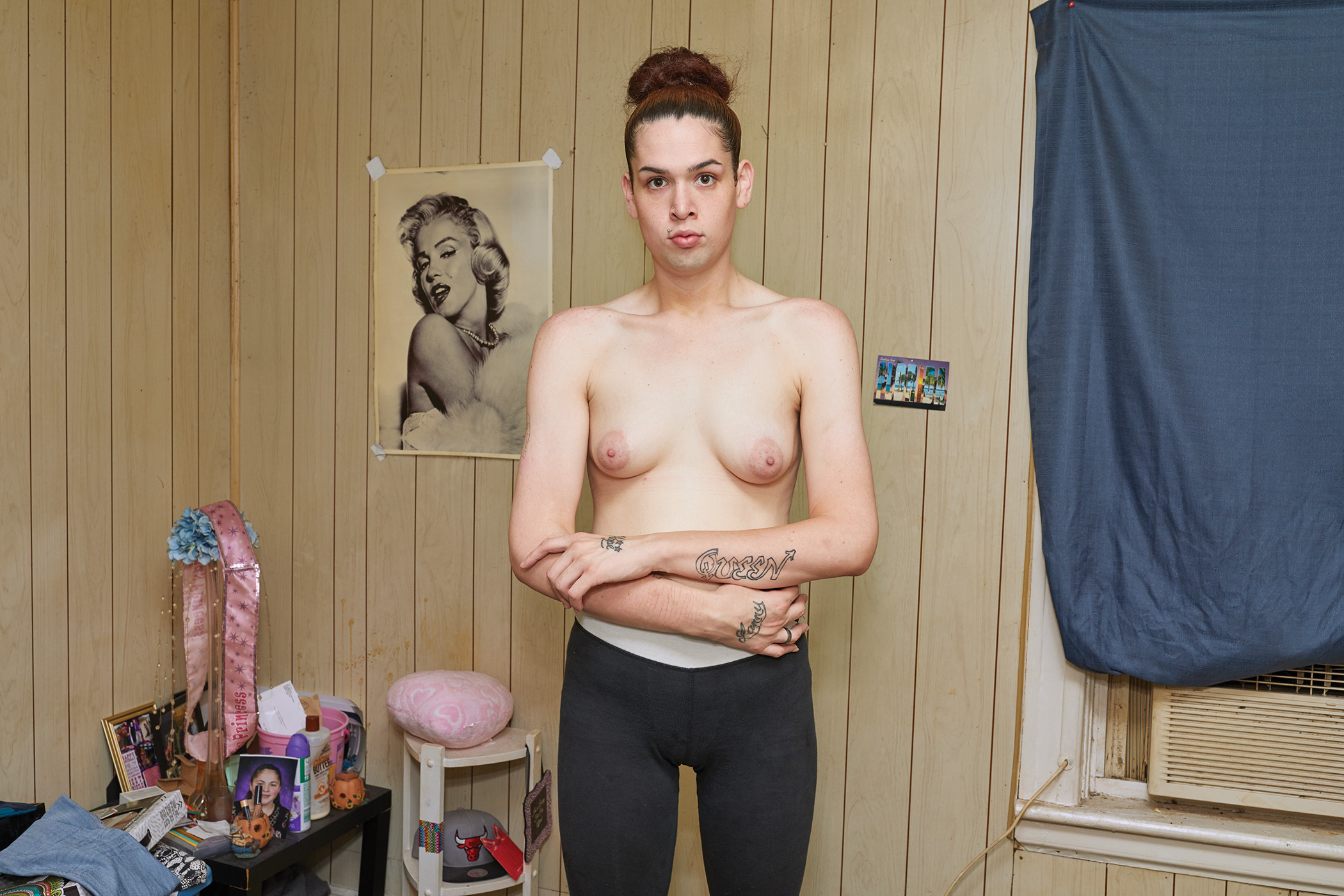This story appears in VICE Magazine's Burnout and Escapism Issue. Click HERE to subscribe.
I had my first sip of liquor one day when I was 12 years old, and I blacked out. Family legend has it that I was following in the footsteps of my father and his father before him, both of whom drank themselves into oblivion early in their alcohol careers. Though I had only lived in the wake of those benders, they must have sparked in me the idea that the nasty vodka in our pantry could be an antidote to pain. It could numb the guttural loss I felt when my first real boyfriend, or the first boy I considered my first real boyfriend, started seeing the counter waitress at a nearby Stewart’s Shop. I had been in love. I knew I could manage the jealousy and the heartbreak, but I couldn’t imagine giving up the feeling of being in love. I wouldn’t miss him; I would miss that emotion. Even before I started drinking, I was certain that much of life would be kept away from me, and I became terrified as I watched everyone around me flatline from birth to death, with little evidence that they had put up a fight.
In the beginning of our relationship, I was right. Alcohol proved more dependable than love. I had the sense of a boundless future, even when I dropped out of high school, or had one of my frequent run-ins with the cops. Two years, two failed marriages, and way too many forgotten nights later, my AA sponsor looked me in the eyes and told me that an alcoholic is a person with a hole in their soul who will use many empty things to fill it up. Nothing merely physical, I realized, will really ever stick for good—and that’s why we just use more and more, until we get sober, or die, or, perhaps worse yet, don’t die. What kept coming back was the expectation that, once I was sober and helping others, I could be of service. Once I was able to maintain and share my sobriety, my sponsor assured me that I was of need to the world. For years, I had watched life be barely tolerated by seemingly everybody I knew. I was humbled and honored that anyone would hold me up to the task of being human.
Since then, I’ve published two books, both dedicated to my sponsor. The most recent, Upstate Girls, contains the images featured in these pages. Right now, I’m exactly where I’m supposed to be. I had been sober for 16 years when I met young people upstate who were growing up much the same way I had. They reintroduced me to what, for so long, had eluded me. Watching their lives unfold has been its own kind of drug for me. Instead of downing a bottle, though, I’m compelled to witness truth. The clarity I had sought through chemical dependency has literally come into focus, as I look at what separates us from one another—those holes in our souls that we try to fill with whatever’s available to us. And the feeling of euphoria when a photograph summons up the only thing that’s real enough to fill the void: love.

I first met Lawrence when he was 12 years old and living in a homeless shelter with his mother and two sisters. They had lived on the same block as most of the families featured in my Upstate Girls book, until the roof in their apartment caved under the weight of a heavy rain. Lawrence was 15 when he started dating his first boyfriend, and eight years later, he began his transition to Madison. Lawrence and his family were homeless 75 times before settling into a permanent apartment, and that’s where Madison began to emerge. According to Madison, Lawrence was a “big bitch” and a very unhappy person. Madison says that her dramatic weight loss is because she’s “becoming the person she is supposed to be.”
Sign up for our newsletter to get the best of VICE delivered to your inbox daily.
from VICE https://ift.tt/2BO1w2j
via cheap web hosting
No comments:
Post a Comment